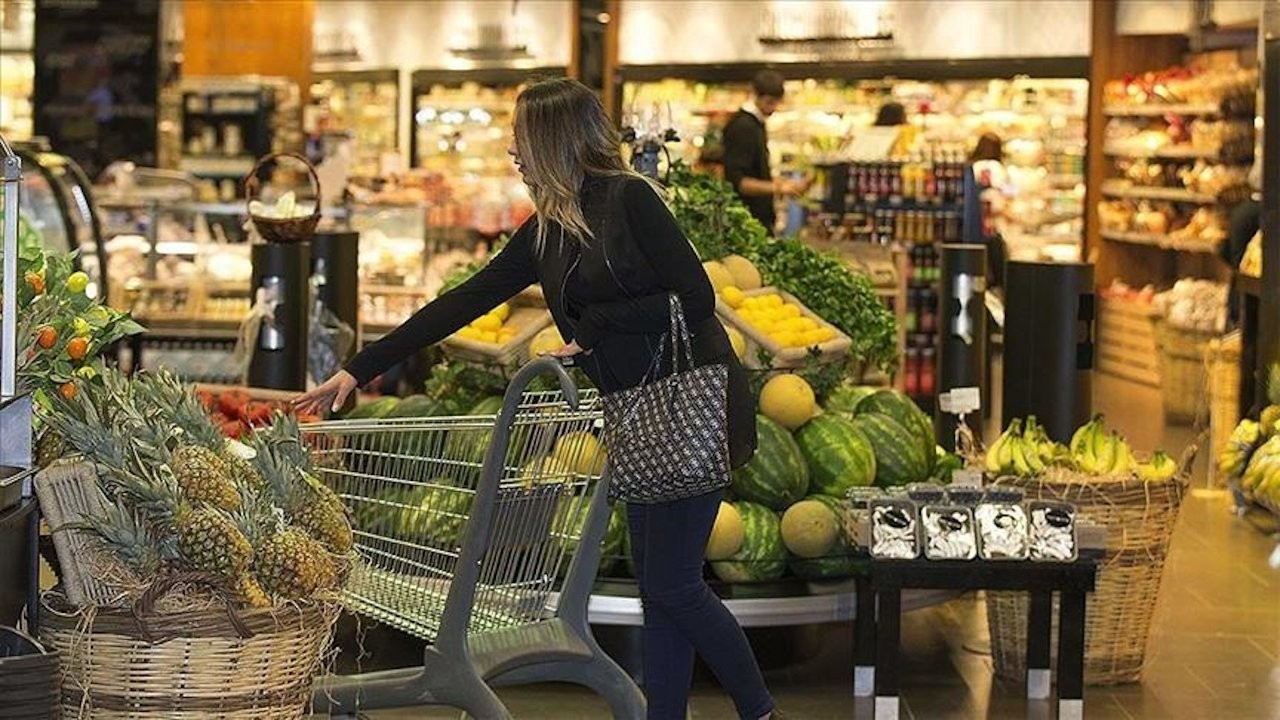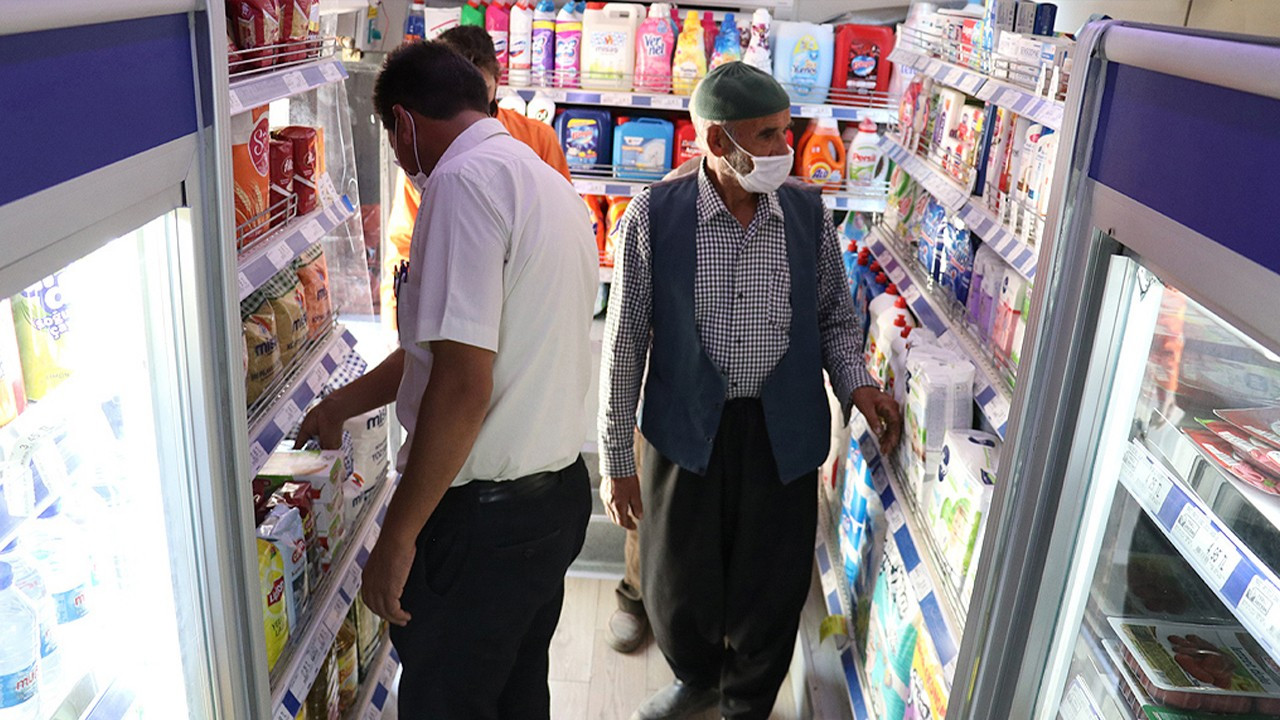Prices of 29 out of 42 food items in grocery stores went up in February
Twenty-nine out of 42 food items in grocery stores saw an increase in their prices in February, the Union Of Turkish Chambers Of Agriculture (TZOB) announced on March 1. Rising oil and fertilizer prices and dry weather are part of the reason food inflation jumped more than 20% in a year.
Duvar English
Twenty-nine out of 42 food items in grocery stores saw an increase in their prices in February, according to a report released by the Union Of Turkish Chambers Of Agriculture (TZOB).
“The price of DAP fertilizer increased by 63.4 percent in the last year, whereas urea fertilizer saw its price increase by 29 percent. Unless producers are able to decrease their costs, it is impossible for our people to access cheap food. The prices of fertilizer, electricity, water and pesticides need to decrease,” TZOB chair Şemsi Bayraktar said on March 1.
Green pepper had the highest price hike of 29.3 percent, followed by spinach (19.92 percent) and orange (15.28 percent). Potatoe experienced the largest fall in its price with 25 percent, followed by squash (21.59 percent) and onion (20 percent).
Bayraktar said that the price consumers pay for a certain food item is on average four times its production cost. He said that a kilogram of cabbage costs 0.68 liras to a producer, but is sold for 2.79 liras to consumers.
“The price of water used for gravity irrigation increased by 20.8-25 percent in the last year, whereas the price of water used for pumped irrigation increased by 31.6-34.8 percent,” he said.
In a world of near-zero inflation and economic fallout from the coronavirus, Turkey stands out with annual consumer prices climbing to 15%, second only to Argentina among emerging markets and by far the highest in the OECD.
Rising oil and fertilizer prices and dry weather are part of the reason food inflation jumped more than 20% in a year. But economists also point to government policy decisions that saw the lira dive to record lows last year, hiking import costs on some $9 billion in food.

 New year arrives with price hikes on electricity, gas and tolls for TurksEconomy
New year arrives with price hikes on electricity, gas and tolls for TurksEconomy Turkey’s annual inflation rate at 14.60% in DecemberEconomy
Turkey’s annual inflation rate at 14.60% in DecemberEconomy Turkish milk prices triple in January as prices on 22 food items riseEconomy
Turkish milk prices triple in January as prices on 22 food items riseEconomy